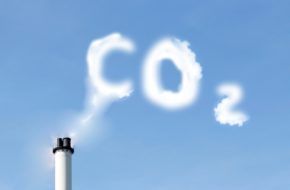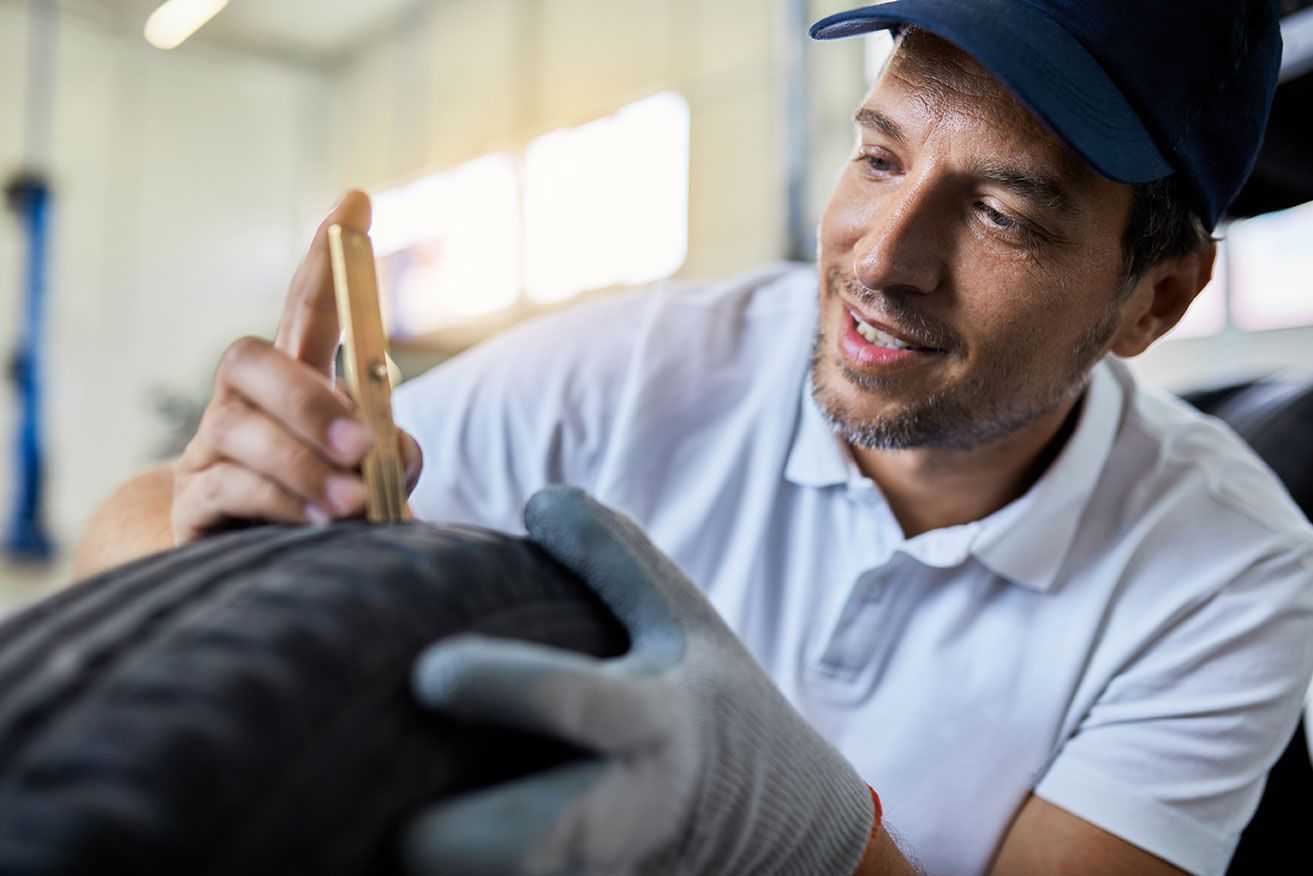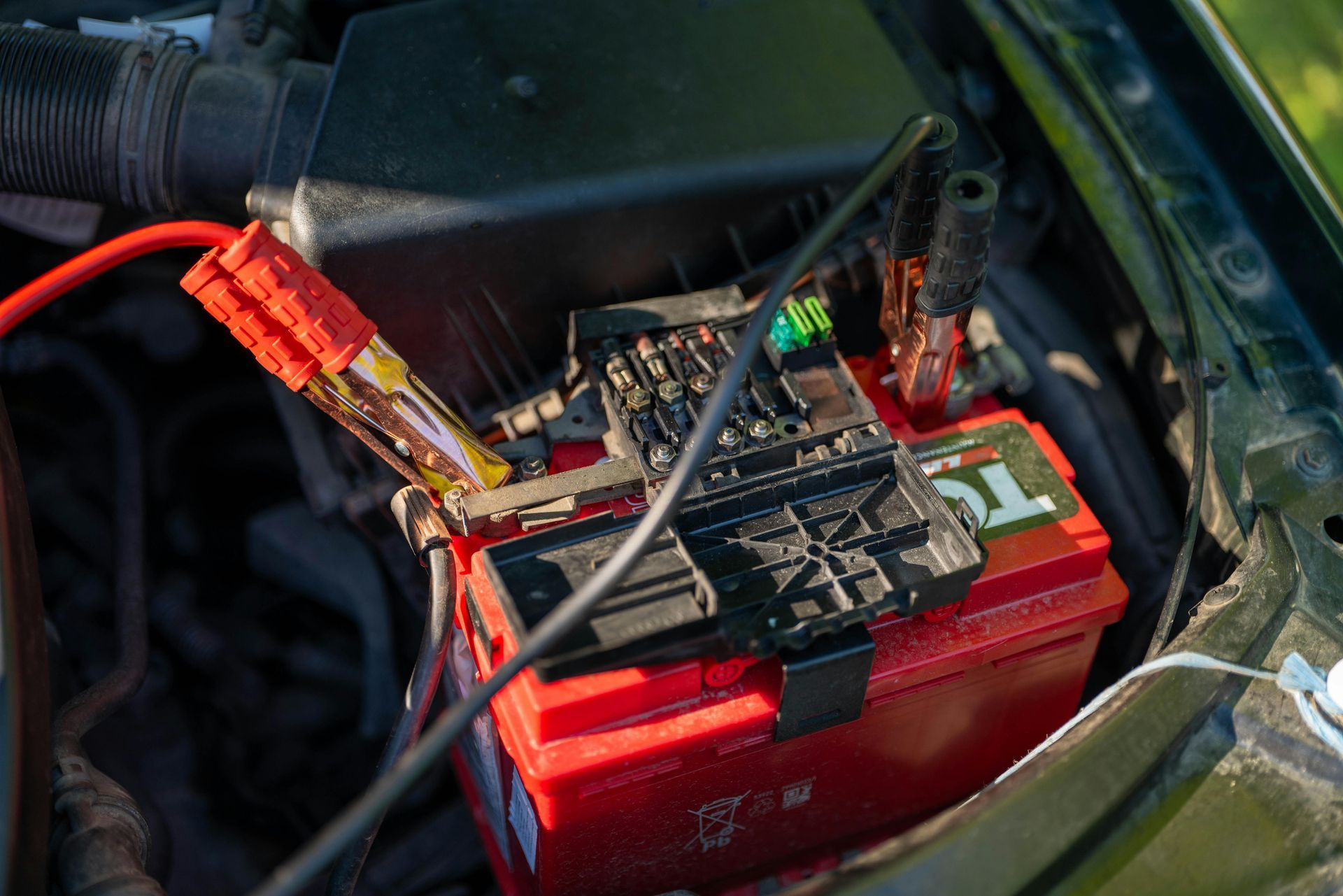Everything You Need to Know About North Carolina Emissions Inspection
Auto Shops Located in: Chapel Hill, Durham, Taleigh, Apex, and Cary North Carolina

What is an Emissions Inspection?
As our country works to reduce the daily production of harmful emissions, the automotive industry has taken the initiative to offer fuel-efficient vehicle features. Low-emissions automotive practices are gradually becoming a requirement by states and counties nationwide. In 22 North Carolina counties, your vehicle will need to pass an emissions inspection in order to be legally driven within the state. So what is an emissions inspection?
North Carolina Emissions Inspections
Emissions Inspection is a diagnostic test that ensures your vehicle is suited for the state’s environmental standards. This allows for only low-level production of the six harmful types of automotive emissions: hydrocarbons, sulfur oxide, carbon monoxide, NOx, particle matter, and volatile organic compounds.
This inspection involves ensuring that the vehicle complies with guidelines set by the U.S. Environmental Protection Agency. Enforcing EPA requirements is an important effort by the state government to reduce North Carolina’s carbon footprint and keeping the local air quality high.
You might find yourself wondering, “Does my NC county require an emissions inspection?” As of now, the following North Carolina counties currently require an emissions inspection:
- Alamance
- Buncombe
- Cabarrus
- Cumberland
- Davidson
- Durham
- Forsyth
- Franklin
- Gaston
- Guilford
- Iredell
- Johnston
- Lee
- Lincoln
- Mecklenburg
- New Hanover
- Onslow
- Randolph
- Rockingham
- Rowan
- Wake
- Union
Common Reasons for Failing an NC Emissions Inspection
There are several important considerations involved in emission standards, and knowledge of these can help you pass. Here are some common issues that often cause NC drivers to fail emissions inspection:
Safety issues—your vehicle must first past the safety inspection, as there are no waivers available for this element of your vehicle’s clearance.
Check engine light—whether there is an issue with your engine or the light itself, an active check engine light suggests that your vehicle is not operating up to standard. Get your engine or your check engine light serviced to avoid this issue during your emissions inspection.
Worn tires—if your vehicle’s tires are worn out of tread, both your safety and fuel efficiency are in jeopardy. Proper tire care can prevent this from affecting your inspection results.
Air-fuel mixture issues—an ideal air-fuel mixture is stoichiometric, which is the level at which all of the fuel input is burned during operation. If your air-fuel mixture is richer than this level, your vehicle will consume fuel that it does not need or use to operate, making your vehicle less efficient and unable to pass an emissions inspection.
Catalytic converter—this device converts harmful emissions into less severe variants as they pass through your vehicle’s exhaust pipe. Issues with this system can significantly impact your vehicle’s efficiency.
EVAP issues—your evaporative emissions control, or EVAP, system serves as a ventilation barrier between your vehicle and the environment. Issues with this system can leak harmful vapors into the atmosphere, and evidence of this will cause emissions inspection failure.
Air filter issues—a dirty or blocked air filter can make your vehicle less efficient. Cleaning or replacing your air filter can help you pass your emissions test, and has the added benefit of promoting your vehicle’s health and providing a clean airflow.
If you bring your vehicle to an expert for care, they can advise you on the services that you will need to pass your emissions inspection and enact these repairs. If you are unsure if your vehicle is ready for emissions testing, it is best to consult a professional for insight and help.
How to Pass an NC Emissions Test
When completing your emissions inspection, you might find that passing is easier than anticipated. Here is a quick guide to passing the NC emissions inspection:
Most obviously, if your vehicle has issues that will prevent you from passing your emissions inspection, bring it in to have them repaired. This includes keeping your vehicle up to both safety and emissions standards.
If you are still concerned about passing your emissions test, consider whether or not you might be eligible for an exemption. Exemptions can be derived from your vehicle’s age, as vehicles manufactured before 1995 are exempt from NC emissions inspections, as well as vehicles that are less than three years old with fewer than 70,000 miles on them. If you are wondering if your vehicle is new enough for an exemption, the North Carolina Department of Environmental Quality has a calculator here. Diesel-operated vehicles and those registered as farm vehicles are also exempt from NC emissions inspections.
What Happens if I Fail an Emissions Inspection in North Carolina?
If you do not anticipate a pass in your NC emissions inspection, there are still options available for you! For $200, you can get an emissions waiver that will allow you to keep your vehicle on the road. This will be a recurring charge, so if your vehicle does not receive emissions clearance and you do not want to pay waiver fees, you might consider upgrading to a vehicle with a lower level of emissions.
How to Make Your Car Eco-Friendly
Perhaps you were brought to this page not by a looming inspection but rather looking for easy ways to reduce your vehicle’s carbon footprint. The Chapel Hill Tire experts know a thing or two about going green; we even have a rooftop garden at our Durham mechanic location. Whether you are hoping to pass an emissions inspection, save money on gas, or reduce your carbon footprint, our experts can help you make your car a little greener. We offer nitrogen tire inflation, environmentally-friendly oil changes, and are partners with NC Green Power in an attempt to offset driving carbon emissions. Speak with one of our experts today for insight into services that can make your vehicle a little more eco-friendly.
Where Can I Get an Emissions Inspection | Emissions Inspection Near Me
If you are looking for a North Carolina vehicle emissions inspection, the professionals at Chapel Hill Tire are here to help. Here you can receive the care you need to pass your inspection. You can also get quick and affordable emissions inspections in Chapel Hill, Raleigh, Durham, and Carrboro today at one of our eight Chapel Hill Tire locations in the Triangle area.















